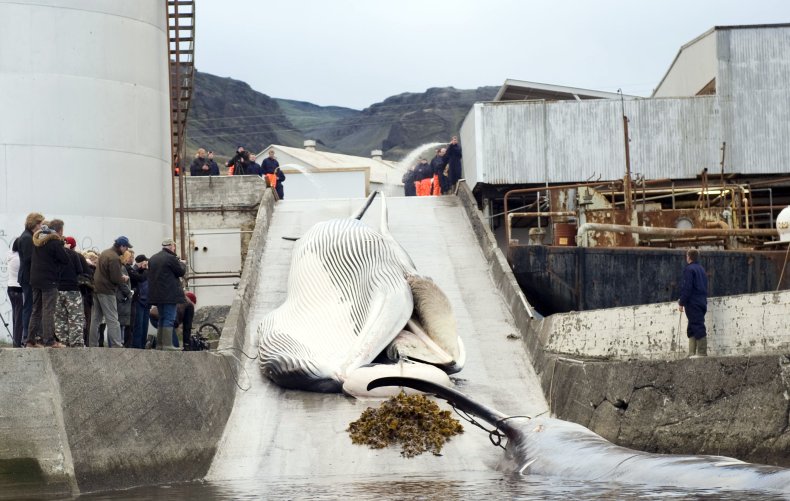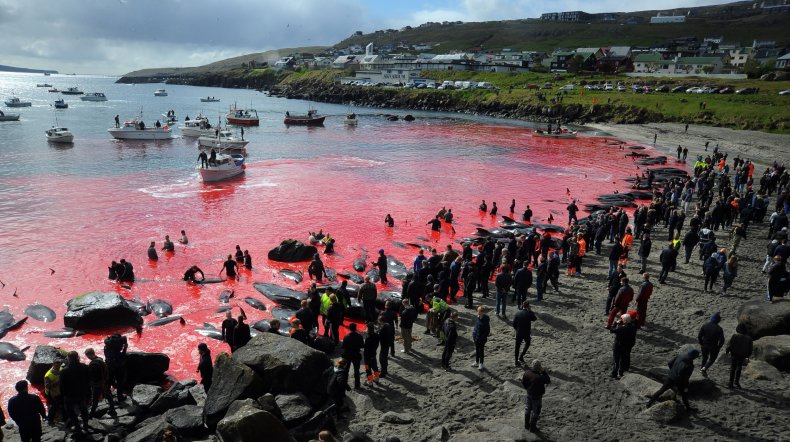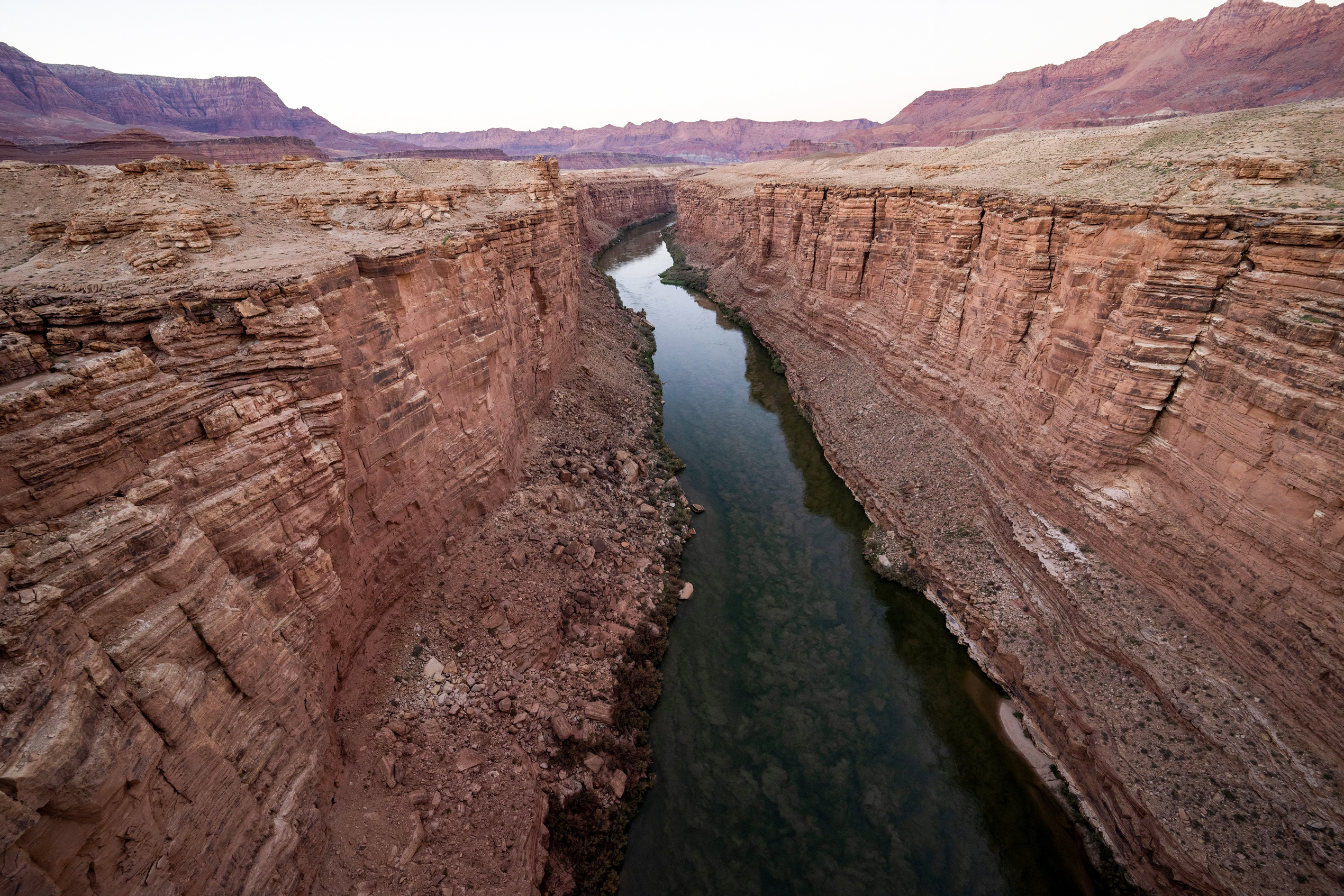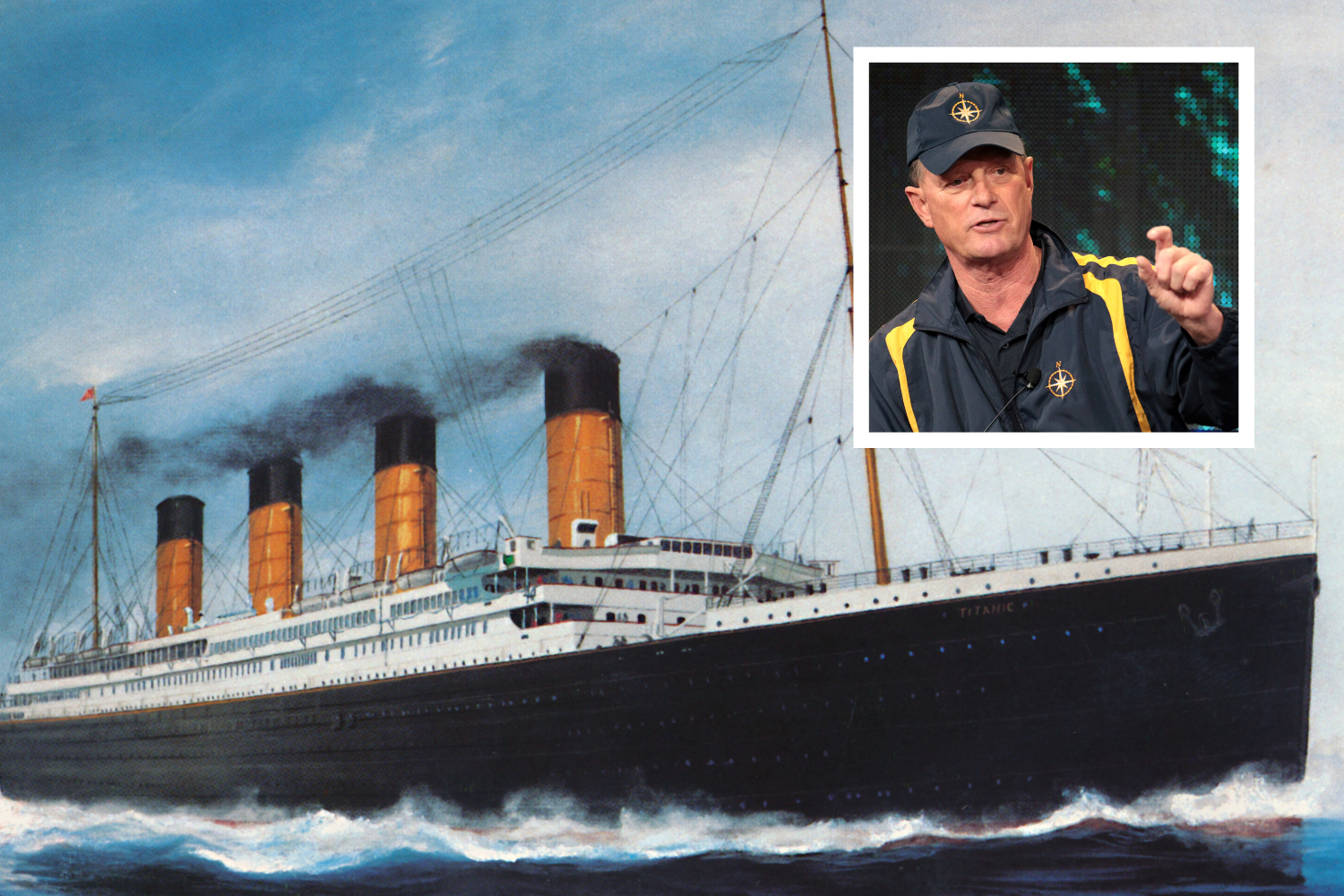Iceland's annual whale hunt has been put on hold until the end of August amidst animal welfare concerns.
Svandís Svavarsdóttir, the Icelandic Minister of Food, Agriculture and Fisheries, announced the pause after a report from the Food and Veterinary Authority found the hunt does not comply with the country's Animal Welfare Act, according to Reuters on Tuesday.
"This activity cannot continue in the future if the authorities and the license holders cannot ensure the fulfilment of the welfare requirements," Svavarsdóttir said in a statement. "I have decided to suspend all whaling operations."
Iceland is one of the countries that still actively hunts whales, alongside Japan and Norway, resulting in around 1,000 whales each year being killed worldwide. Iceland usually only kills around 100 whales each year, meaning that there will still be a huge number of whales killed this year, despite the Icelandic hunting pause.

Using data by the International Whaling Commission (IWC), Statista graphics show that whaling dramatically dropped in frequency after 1986, before which around 6,000 to 7,000 whales were killed worldwide each year. In 2021, however, 1,284 whales were killed worldwide, 881 of which were for commercial purposes, and in 2020, 1,204 were killed, 810 commercially.
Despite the international ban on whaling established by the IWC in 1986, these countries continued to hunt whales under the guise of "scientific whaling," or simply carrying on hunting commercially.
Whaling is also allowed for aboriginal communities in Denmark (Faroe Islands and Greenland), Russia (Siberia), Saint Vincent and the Grenadines (Bequia Island), and the United States (Alaska).
Whale hunting in the 1800s and 1900s resulted in several million whales being hunted for their whale oil, spermaceti, ambergris, and baleen, with an estimated 3 million whales being killed in the 20th century alone. Now, whales are hunted primarily for their meat, as well as their oil, blubber and cartilage, which are used in pharmaceuticals and health supplements.

According to Whale and Dolphin Conservation, nearly 40,000 large whales have been killed since 1986 by Japan, Norway and Iceland, with over 100,000 dolphins, small whales, and porpoises being killed in various countries across the world each year.
Japan alone kills between 300 and 600 whales each year, the majority of which are Bryde's whales, minke whales and sei whales, Statista shows. In Iceland, fin whales are hunted for export to Japan, while minke whales are hunted for meat. Norway also hunts mainly minke whales, also for their meat, as well as fin and sei whales for export to Japan.
Meanwhile, sei whales are listed as endangered on the International Union for Conservation of Nature (IUCN) Red List, while fin whales are listed as vulnerable.
Using explosives embedded into whales' bodies using a harpoon gun, the methods of hunting these whales are considered by many to be inhumane. However, this method doesn't always kill the whale instantaneously, with multiple shots often being needed to subdue the animal, according to a 2006 report on Norway's whale hunting practices. In addition, some whales are killed by drowning as they're winched aboard, with their heads being kept underneath the water.

In Taiji, Japan, and the Faroe Islands, the most brutal of hunts occur, with dolphins and small whales being driven onto beaches or into coves and being slaughtered in the shallows in droves. A further 300,000 whales, dolphins, and porpoises are killed each year as bycatch in fisheries, being caught and killed by accident.
Iceland's pause on whaling this summer is a further step towards reducing whaling in the country. Iceland has only one remaining whaling company—Hvalur—and announced last February that it would stop its commercial whaling practices by 2024.
Newsweek has contacted some experts for comment via email.
Do you have a tip on a science story that Newsweek should be covering? Do you have a question about whale hunting? Let us know via science@newsweek.com.








